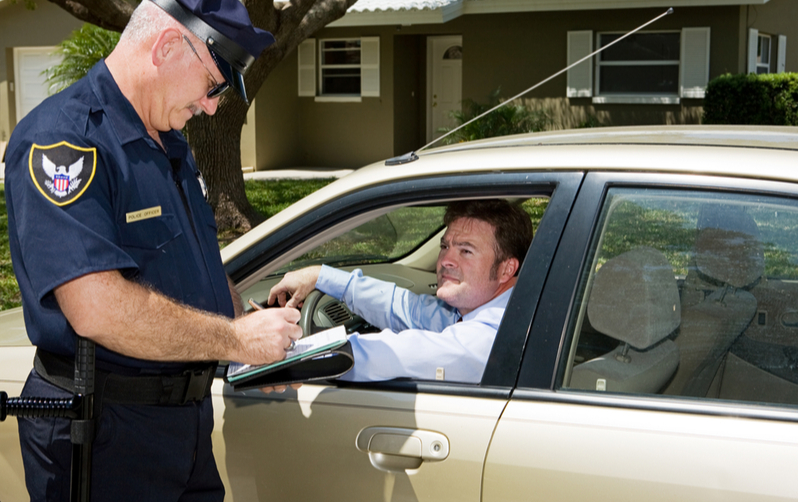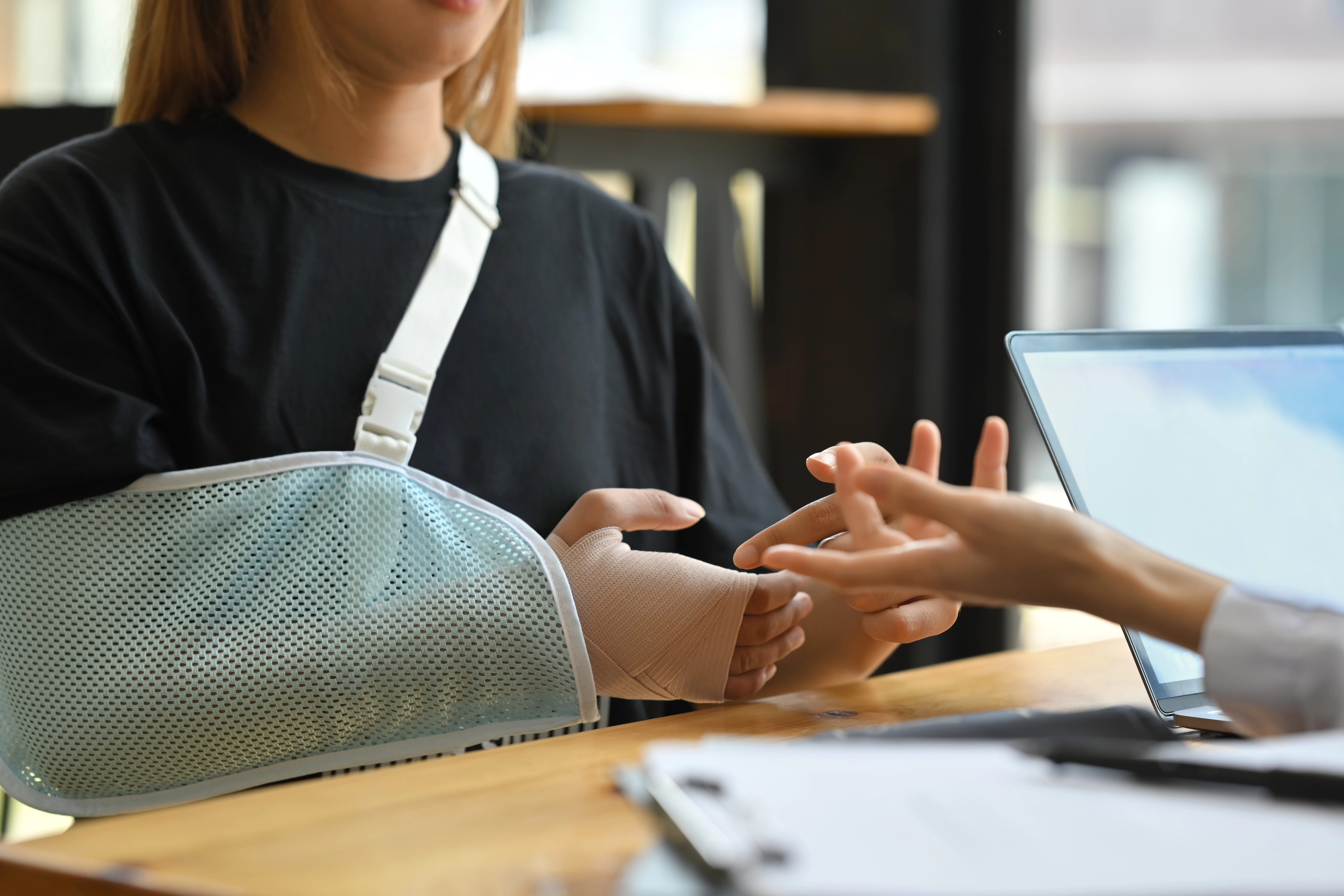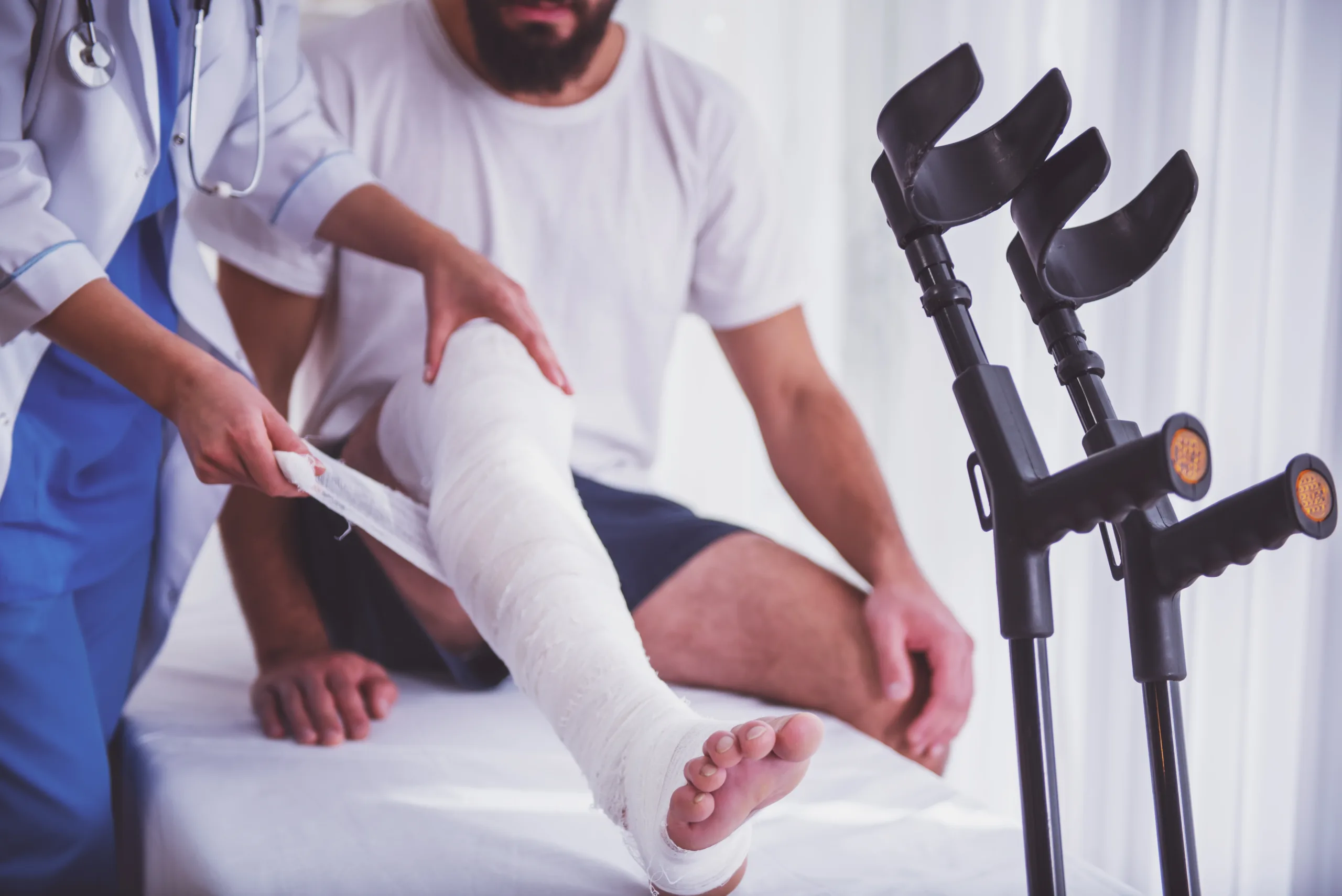If you get pulled over for a traffic violation or if police respond to a car accident you were involved in, you have certain rights that kick in. You don’t have to answer questions asked by law enforcement officers and have the constitutional right to remain silent. A good attorney will advise you not to talk to law enforcement officers because anything you say can be used against you, and you can’t be punished for refusing to answer a question.
But another question some people have is whether they can legally film officers if they become uncomfortable with their questions, attitude, or approach. That’s a smart question, so let’s explore the answers here.
Can I Legally Record the Police?
If you see police officers talking to people and you start to question whether the officer is acting inappropriately or in an unlawful manner, do you have the right to videotape what’s happening? Likewise, if an officer is questioning you and starting to make you feel uncomfortable, can you videotape and document this interaction?
That’s where the First Amendment comes in. Since this question first made its way through the legal system, virtually every court has ruled that the First Amendment grants you the right to record — through pictures, video, or audio recordings — the actions of police officers while they’re in public and performing their duties.
In 2012, the City of Boston agreed to pay Simon Glik $170,000 in damages and legal fees to settle a civil rights lawsuit Glik filed after his 2007 arrest for videotaping police getting rough with a suspect. The First Circuit Court of Appeals unanimously ruled that Glik had a “constitutionally protected right to videotape police carrying out their duties in public,” and the Boston Police Department now instructs its officers not to arrest citizens who are recording them in public.
The only exceptions are that you can’t do it in a way that interferes with the officer, their actions, or their ability to do their job. Courts have ruled that officers can order citizens to stop recording if that action is interfering with or obstructing their duties — for example, if you’re standing too closely to an officer trying to make an arrest, or encouraging people around the officer to become violent. Some states also prohibit audio recordings of an officer without the officer’s knowledge, so it’s wise not to try secretly recording the officer and instead make it clear that’s exactly what you’re doing.
However, the simple answer to whether you’re allowed to record police is yes, even if the officers don’t like it. In the smartphone age, when most people have a camera or video recording device on their cell phones, this has become a useful tool for collecting evidence. And even police are starting to use body-work video cameras to film arrests and interactions with the public.
The bigger question, though, is whether filming an officer, particularly one hostile to your actions, can be counterproductive. Let’s look at the pros and cons of filming officers.
What Should You Know Before Recording Police?
Let’s say you start recording police, and the officer becomes upset and orders you to stop. Now your interaction with them has become more confrontational. That can seem intimidating, and it’s possible this will make a bad situation even worse. You might be nervous that the officer will try to take away your phone, maybe even damage it intentionally or accidentally.
These concerns are legitimate, and it’s understandable if you decide not to record the officer as a result. It’s important to use your best judgment in a situation like that. But the bottom line is you do have a legal right to continue recording the officer, and if you do, that gives you solid proof of what just happened.
Filming their actions could prompt the law enforcement officer to improve their behavior since they surely don’t want to be filmed acting in an unreasonable manner. And it’s important to keep in mind that people film police all the time, and those videos often end up online, on social media sites, or on television newscasts. Many officers today have come to expect situations like that.
Some smart rules to consider in these situations include:
- Know the law first
- Avoid secretly recording police, since most states make it illegal
- Respond to officers as they address you. If you get questioned about videotaping them, let them know you’re asserting your First Amendment rights
- Stay on your own best behavior
Experienced and Dedicated Louisiana Car Accident Attorney
If you’ve been in an auto accident and get questioned at the scene by police, you do have a right to record that interaction. It’s also a smart idea to record all details at the scene that can be helpful when filing a claim for damages. It’s also important to seek out the help of an experienced car accident lawyer like the ones at the Law Offices of E. Orum Young. Their attorneys have experience assisting car accident victims and know that someone else’s negligence has hurt you. Our team will help you receive compensation.
Contact us today for a free case evaluation at 318-303-4194 or use our online contact form at any time. We’re available day and night and ready to work for you.





